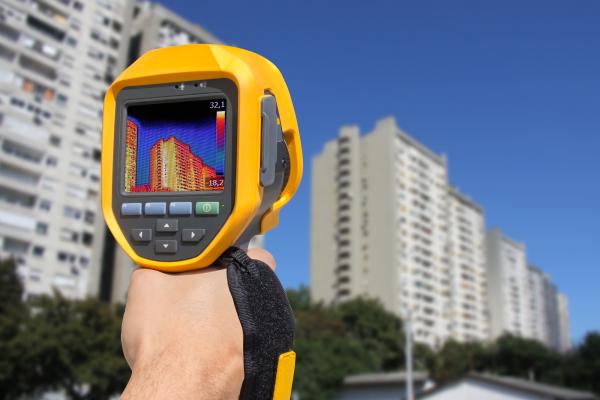Details
- Publication date
- 9 April 2025
Description
A new report from the HouseInc project examines how smart meter data can improve the measurement and identification of energy poverty, offering an alternative to traditional survey-based methods.
The study highlights three key outcomes:
-
Smart meter data provides accurate, real-time insights into household energy use and spending, making it a cost-effective and scalable tool for identifying energy-poor households.
-
The use of Actual Expenditure Energy Poverty (AEEP) indicators, based on smart meter readings, reduces recall bias and enables longitudinal tracking of energy poverty.
-
Machine learning models, trained with this data, could offer new ways to detect energy poverty more precisely and equitably.
The report calls for wider access to smart meter data, faster infrastructure roll-out, and the creation of Energy Demand Observatories across the EU to support innovative policy and research.

